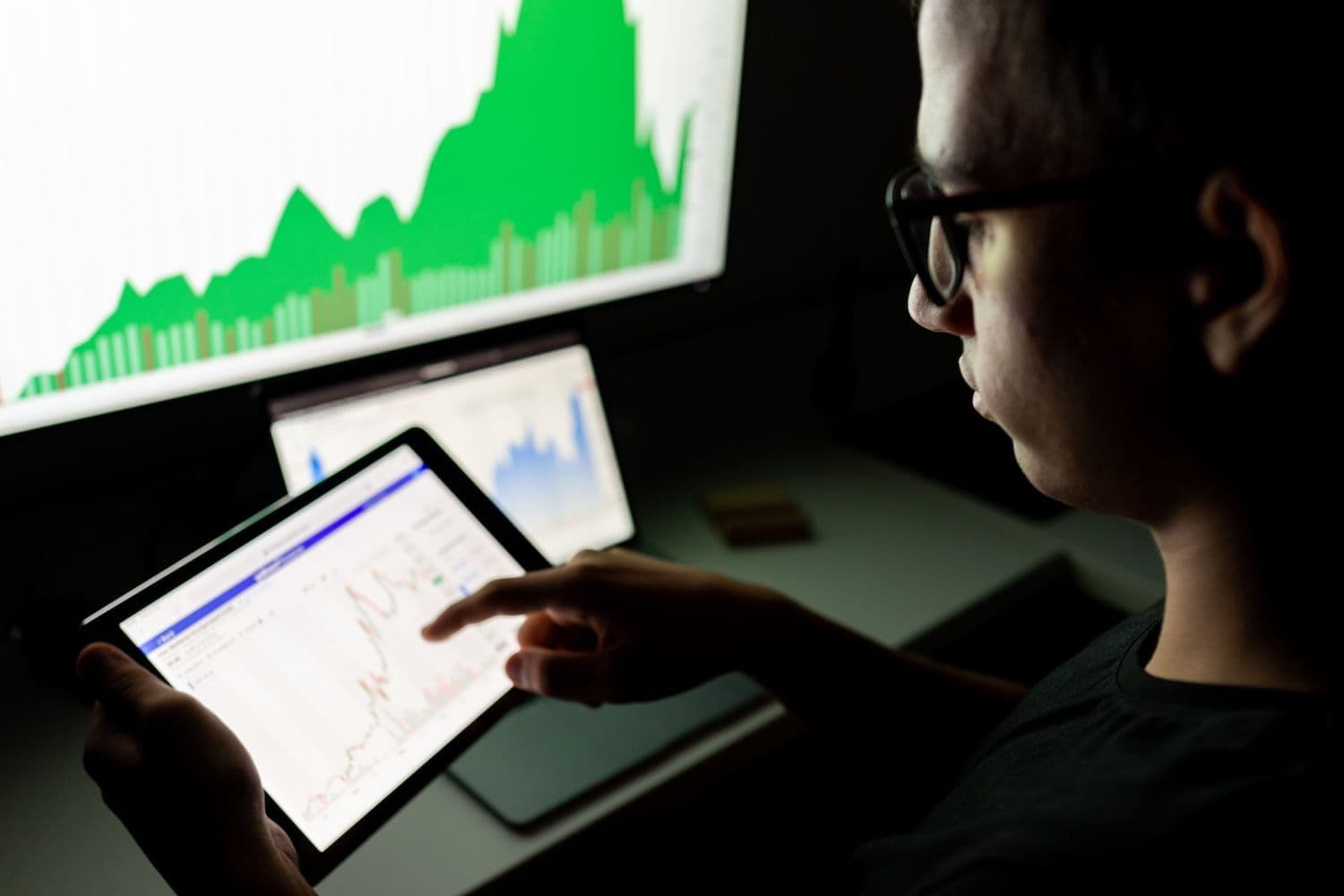A decentralized marketplace within the Pi Network ecosystem has drawn more than 208,000 registered users since its launch, but recent allegations involving stolen vehicles threaten to undermine the platform's credibility as it prepares to showcase new features at an upcoming blockchain development event.
What to Know:
- Global Pi Market operates as a peer-to-peer trading platform where users buy and sell goods using Pi tokens, with over 17,000 active listings and a franchise model that pays local operators 2% per transaction.
- A verified Pi Network community account raised concerns that certain imported cars listed on the platform may be stolen vehicles exported to Africa, linking to Interpol's stolen vehicle database.
- The marketplace plans to present integration with Pi DEX and tokenization tools at Hackathon 25 while facing pressure to address compliance and transparency issues.
Platform Expansion Built on Franchise Network
Global Pi Market began as a peer-to-peer trading platform inside the Pi Browser, allowing users to conduct transactions with Pi tokens. Founded by individuals known as Alhaurin1968 and Ron123Cash, the marketplace has grown to host over 17,000 live advertisements and attracted 22,000 members to its Telegram community.
Users trade digital services, electronics, vehicles and property listings through what the platform describes as a "100% Pi-based economy."
The marketplace employs MultiSig Wallets and escrow protection to secure transactions. A dispute resolution system operates through the platform's internal infrastructure.
According to PiNewsZone, the platform's stated mission is to "create a real marketplace where Pi is not theory—but daily practice."
The platform has implemented what it calls a Franchise Model. Local entrepreneurs operate regional branches and earn commissions on transactions within their markets. Each franchise partner serves as a local ambassador, onboarding users and managing listings while building trust in their communities.
The commission structure allocates 2% of each transaction to franchise partners, with headquarters collecting 1%.
This system combines decentralized governance with business opportunities for regional operators. The platform has expanded to multiple regions, positioning itself as a network of connected marketplaces with real-world business foundations.
Global Pi Market also runs an environmental program called "Pioneer Forest." The initiative commits to planting five trees for every 100 completed trades on the platform.
Stolen Vehicle Claims Cast Shadow on Growth
A verified Pi Network community account on X raised allegations about the platform's vehicle listings on Oct. 14. The account suggested that certain "foreign used" cars advertised on Global Pi Market may actually be stolen vehicles shipped to Africa. The post included a link to Interpol's stolen vehicle database, suggesting the possibility of criminal activity on the platform.
"I can't help thinking those 'foreign used' cars on GPM means stolen and shipped to Africa," the account stated.
Global Pi Market has not issued an official response to the allegations. The platform determines prices using minimum floor values rather than the debated Global Consensus Value of Pi, which can create significant discrepancies in how high-value items like vehicles are priced.
The timing of these allegations comes as the Pi Network prepares for Hackathon 25.
Global Pi Market plans to present new features including integration with Pi DEX, tokenization tools and an expanded multi-tenant architecture. According to an announcement attributed to co-founder Alhaurin1968, "We've shown that Pi works.
The next step is connecting every local market to a global chain of trust."
The platform now faces what observers describe as a critical test of its ability to maintain growth while addressing compliance and transparency concerns. The marketplace's expansion has occurred rapidly, with the platform processing daily transactions across multiple continents since its inception less than two years ago.
Understanding the Pi Network Ecosystem
Pi Network operates as a blockchain project that allows users to mine cryptocurrency on mobile devices. The network's native token, Pi, serves as the medium of exchange for transactions within the ecosystem. Decentralized marketplaces like Global Pi Market represent one application of this token economy, where users can conduct commerce without traditional financial intermediaries.
MultiSig Wallets, short for multi-signature wallets, require multiple parties to authorize a transaction before it can be completed.
This security measure protects both buyers and sellers in peer-to-peer transactions. Escrow protection holds funds until both parties fulfill the terms of their agreement, reducing the risk of fraud.
The Global Consensus Value refers to a theoretical price for Pi tokens based on community consensus rather than exchange trading. This concept has been debated within the Pi Network community, as different platforms and users assign varying values to the token. As of Oct. 15, Pi Coin was trading at $0.21603, up 3% in the previous 24 hours.
Closing Thoughts
Global Pi Market's growth to more than 208,000 users demonstrates demand for cryptocurrency-based commerce platforms. However, allegations of stolen vehicle sales present a challenge to the platform's legitimacy and could affect its ability to expand further. How the marketplace addresses these concerns will likely determine whether it becomes a model for decentralized commerce or a cautionary example of inadequate oversight.



